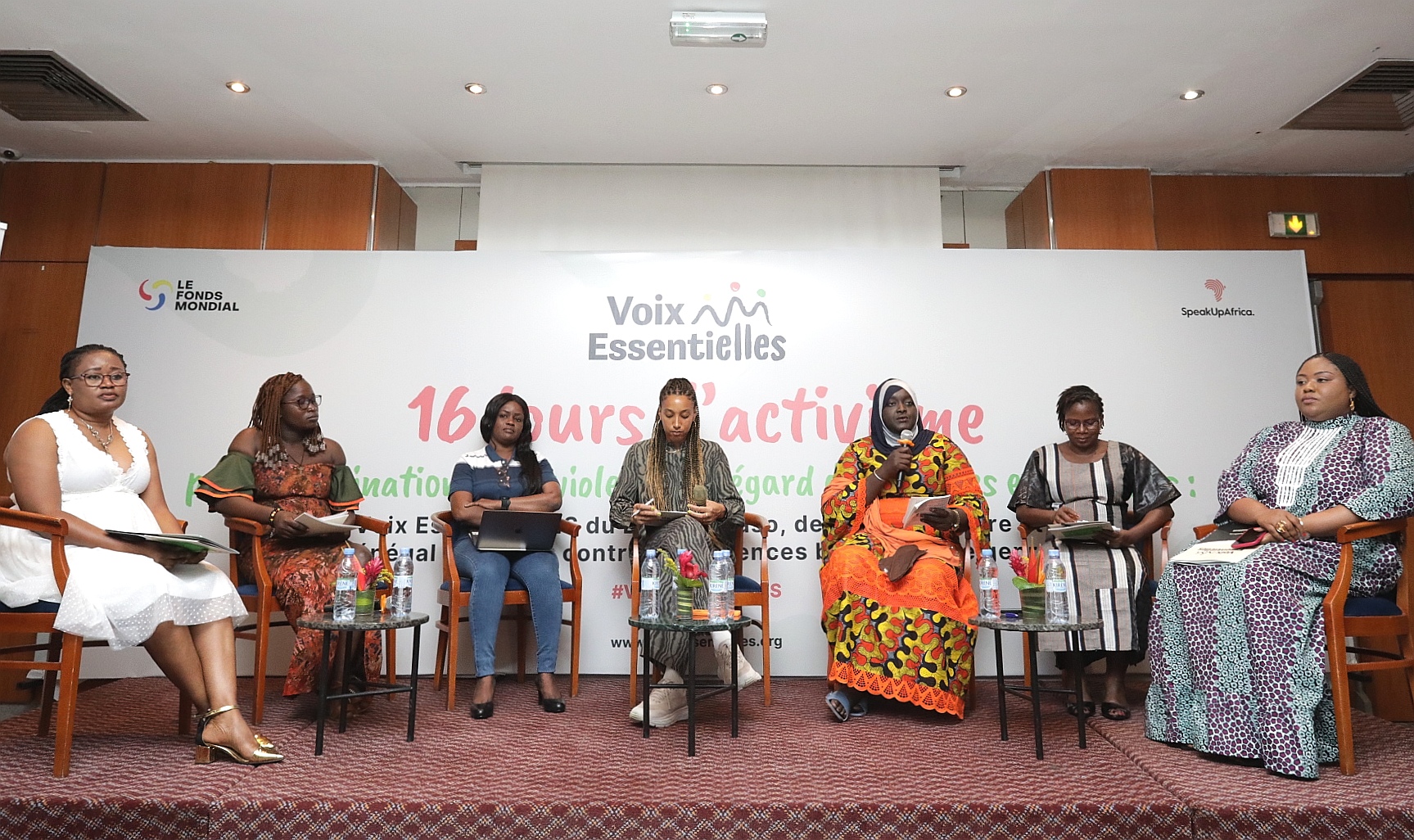
WEIGHT: 60 kg
Bust: 38
One HOUR:140$
Overnight: +90$
Sex services: Sex vaginal, Hand Relief, Facials, Facials, Slave
Global estimates suggest that approximately 10 million people worldwide are living without any legal citizenship. Stateless persons face overwhelming obstacles that limit their access to basic entitlements and protections, leaving them vulnerable to discrimination and abuse. Research on health and access to care is generally limited among stateless persons and, currently, there is a dearth of information on statelessness and its relationship to gender based violence GBV.
The aims of the project were to understand the demographics, experiences, and vulnerabilities of GBV and general health status among stateless populations. Methods : To achieve study aims we utilized a mixed methodology approach, conducted in two phases. The first phase included qualitative research with stateless persons and key informants who serve these populations.

Qualitative research enabled us to obtain contextual descriptions of experiences related to documentation, GBV and GBV-related health issues, and access to health care. The second phase included an epidemiologic survey conducted among stateless and national populations, which was informed by qualitative findings. The epidemiologic survey was developed to collect data on a wide array of GBV experiences and GBV-related health indicators as well as to assess availability and access to related GBV services.
These two methods were complementary in nature, providing both numeric estimates and contextual support of the topics of interest. A total of women participated, of whom were nationals and were stateless.

Compared to national female participants, stateless females were less likely to have ever attended school, less likely to have attended secondary school or college among those who attended school , and less likely to have a dual parent household during childhood In addition, stateless female participants were more likely to have faced challenges with legally marrying someone due to their lack of birth registration and less likely to have enough to meet basic needs for each month Figure 1.




































